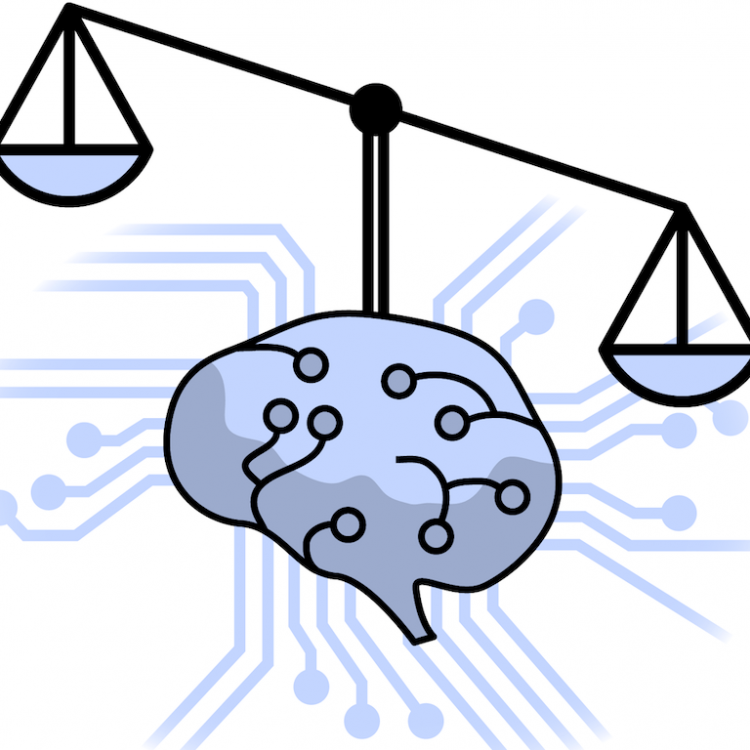DNA or RNA motif discovery is a popular biological method to identify over-represented DNA or RNA sequences in next generation sequencing experiments. These motifs represent the binding site of transcription factors or RNA-binding proteins. DNA or RNA binding sites are often variable. However, all motif discovery tools report redundant motifs that poorly represent the biological variability of the same motif, hence renders the identification of the binding protein difficult.
Research projects in Information Technology
Displaying 101 - 110 of 185 projects.
Combating antimicrobial resistance through use of genomics and artificial intelligence
Antimicrobial resistance (AMR) is one of the most significant and immediate threats to health in Australia and globally. As an Infectious Diseases physician and researcher, the second supervisor is working on harnessing new technologies such as next-generation sequencing and artificial intelligence to improve the diagnosis, treatment and prevention of AMR infections. The specific aims of this project are:
Pooling time series with common asynchronous trends - with energy and other applications
There are sometimes emerging prolonged periods of highly persistent evolution in time series.
Scholarship for Assistive Technology & Society
As part of the establishment grant for the Monash Assistive Technology and Society (MATS) Centre (https://www.monash.edu/mats/about), the Faculty of IT is providing a scholarship to support the Centre activities.
Towards the Construction of an Inclusive and Fair Educational Environment
Education, undoubtedly, is one of the most fundamental means for people to gain personal and professional development. Given its importance, both researchers and practitioners have endeavored to apply various technologies to construct numerous educational systems and tools to facilitate teaching and learning in the past decades. For instance, with the development of Web technology, a large number of online learning platforms and web-based learning management systems have been developed and deployed for use, e.g., Khan Academy, Coursera, edX, Moodle, and Blackboard.
Integrating novel technologies and modelling tools to predict species’ responses to global change
Species’ distributions are shifting in response to global climate change and other human pressures. Accurate methods to monitor and predict distribution shifts are urgently needed to manage threatened species and ecosystems, and to control invasive species and diseases. This requires a step-change in the data and methods used to monitor and predict organism behaviours and ultimately shifts in species' distributions.
Fairness testing of AI-based systems
Machine learning is being used to make important decisions affecting people's lives, such as filter loan applicants, deploy police officers, and inform bail and parole decisions, among other things. Machine learning has been found to introduce and perpetuate discriminatory practices by unintentionally encoding existing human biases and introducing new ones. In this project, we will develop automated testing approaches that can be used to verify that machine learning models are not biased.
Visual aids for human reasoning with causal Bayesian networks
This PhD project is funded by a successful ARC Discovery Project grant: "Improving human reasoning with causal Bayesian networks: a user-centric, multimodal, interactive approach" and the successful applicant will work as part of a larger research team.
Smart Charging Strategies for Electric Vehicles in Smart Grids
Short description
The global adoption of electric vehicles (EV) expanded notably over the last decade, created opportunities for grid integration through flexible charging and vehicle to grid. This project aims to develop solutions that will help EV Owners and Fleet Managers with smart charging/discharging decisions and aggregation of EV resources to support the grid.
Project description
Reinforcement Learning for Self-organised Task Allocation
Effective allocation of tasks is essential for any socially living group. This project investigates self-organised task allocation, ie groups in which tasks are not centrally assigned to individuals. In self-organised groups, individuals rather select their tasks autonomously based on their own choices and preferences. Under which conditions does this achieve the desired group outcomes?




